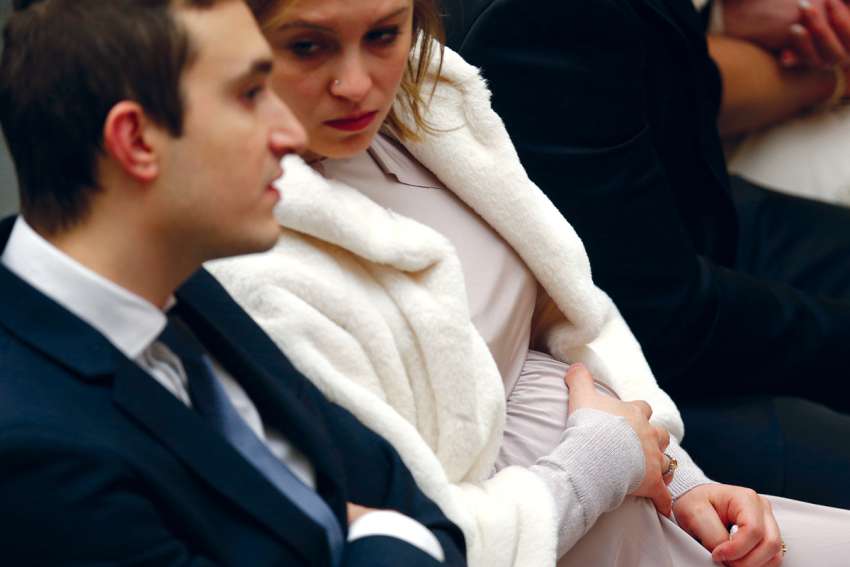There’s a fascinating trend that occurs in the first month of the year. Gyms typically see a 12-per-cent increase in new memberships at the beginning of January. By the close of the month, four per cent of these new members will have quit the gym, 14 per cent leave by the end of February, and 50 per cent are gone by June, according to the Global Health & Fitness Association.
Although St. Francis de Sales is counted among the great saints, the first I heard of him was in his role as patron saint of writers, journalists and the Catholic press. I remained with that meagre knowledge for years until I encountered then-Bishop Thomas Collins who was and is a great fan of St. Francis.
Hope springs
I wonder if there will be an editorial entitled “Hope for 2023?”
Losing Lewis
I found myself muttering “too bad” when Charles Lewis noted he is retiring from The Catholic Register.
During the season of Advent, we celebrated the arrival of that new life which changed the world forever. But Christians don’t just wait impatiently, hovering like children anxious to tear open gifts on Christmas morn. An adult faith moves us to prepare the way of the Lord by deeper reflection, leading towards changing ourselves and our practices. Living through Advent, we open ourselves to the incarnational activity of God’s grace in the world today. Nowhere is this change more necessary than in humanity’s treatment of God’s Creation, meaning all of nature and our relationships with other humans within it.
Few, if any, people in the 20th century thought as deeply about the nature of hope and eternal life as Pope Benedict XVI. Before being named Archbishop of Munich in 1978, Joseph Ratzinger published a theological tome on death, immortality, resurrection, the last judgment and the human destinies of Heaven, purgatory and hell. As Pope Benedict, he wrote an encyclical Spe Salvi (On Christian Hope) based on the belief that Christians know their lives are not empty, that they have an eternal destiny.










